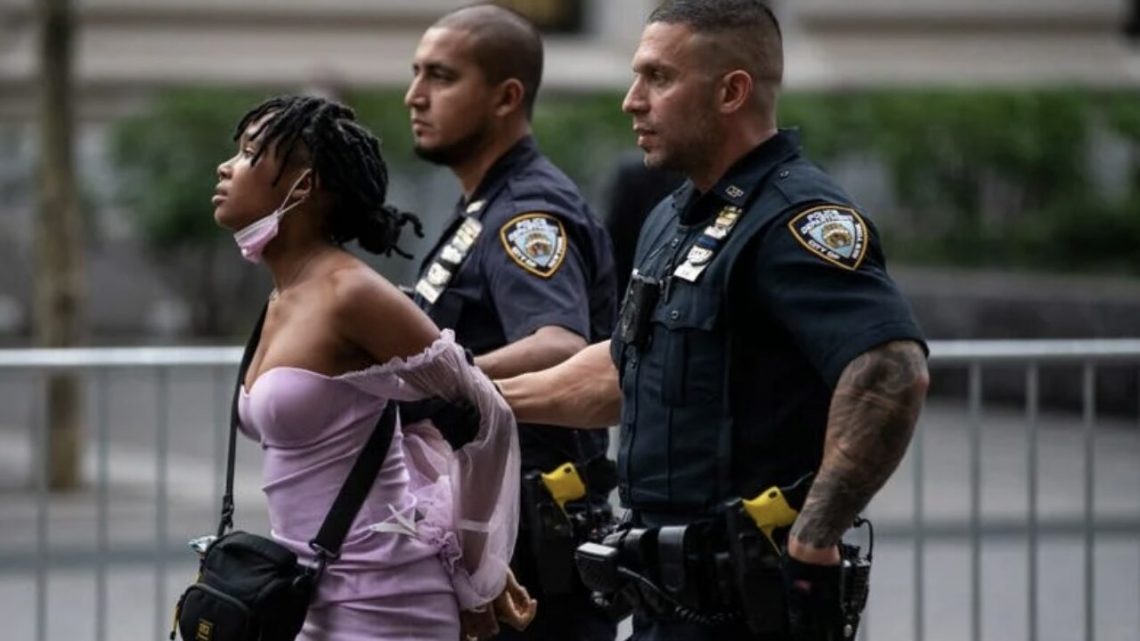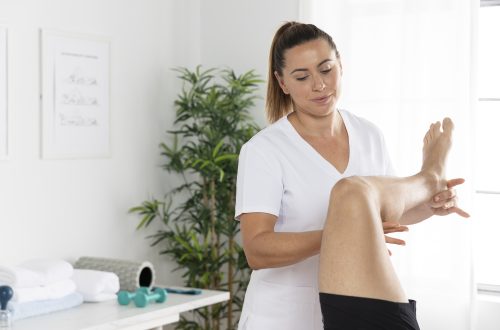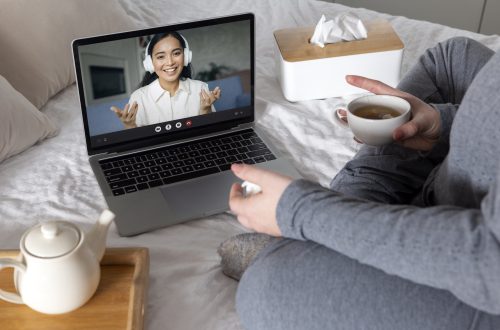
What to Do If You Are Unfairly Treated by the Police
If you are being falsely arrested by the police, you should file a complaint with the appropriate law enforcement agency. The agency’s contact information is in the phone book. You should make the complaint in writing. You do not need to use police department forms, but make sure to specify what kind of complaint you are making. Make sure to give a copy of the complaint to the Internal Affairs Division of the police department.
Predictors of unfair treatment by police
According to a study, racial differences in police-involved incidents are associated with higher rates of depressive symptoms and lower self-efficacy scores. This finding is despite the fact that both groups reported experiencing police contact, and these differences may be partially explained by the socialization of minority children by their parents. Researchers believe that racial differences may have a role in determining whether police officers are likely to engage in unfair behavior.
Researchers used a nationally representative sample of 12,000 participants to analyze the relationship between these variables and the likelihood of experiencing unfair treatment by the police. These findings highlight the need to eliminate proactive police tactics and improve transparency to prevent and mitigate the negative consequences of police mistreatment. Moreover, public awareness about these results will increase the perception of legitimacy of police actions. Ultimately, the study has important implications for law enforcement and society. There are no easy fixes for the problems caused by racial discrimination, but there are ways to make the police more accountable for the issues they face.
Effects of unfair treatment on aging
Exposure to police violence is associated with poor mental health and aging. It is important to be seen and heard, and a supportive network of friends who are racially aware is crucial for healing. Scientific studies have proven the benefits of disclosing racism and the impacts it has on aging. For example, a study of African American women showed that those who kept their experiences of racism to themselves had shorter telomeres than their peers, a marker of chronic stress exposure and aging and morbidity.
In addition to the psychological effects of the violence, the study also showed that people whose experiences with the police were negative were more likely to rate the police poorly than those of non-Indigenous people. People of color and members of non-visible minorities were also less likely to rate police performance as good. These findings also hold true for police mistreatment. In Canada, racial discrimination and police misconduct affects aging.
Possible remedies for victims
In some countries, victims of unfair treatment by police face significant challenges in pursuing legal action. Such issues include the excessive use of deadly force, harassment of minorities, and the threat of retaliation against police personnel. Nonetheless, there are several remedies available to victims. The police are not exempted from accountability, and their behavior must be monitored. This article examines the possible remedies for victims of unfair treatment by the police.
In the first place, victims must agree to be considered victims. Increasing awareness about victim rights is vital. However, the social status of the victim may impact the awareness of victim rights. This is why proactive victim education can play a vital role in increasing victims’ rights and asserting them. Ultimately, the goal is to create a safe and respectful environment for victims of unfair treatment by the police. This is the first step towards ensuring that victims receive appropriate and timely legal representation.





